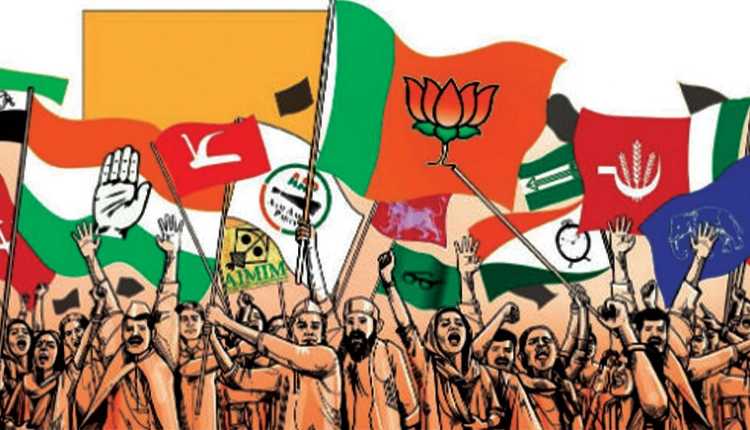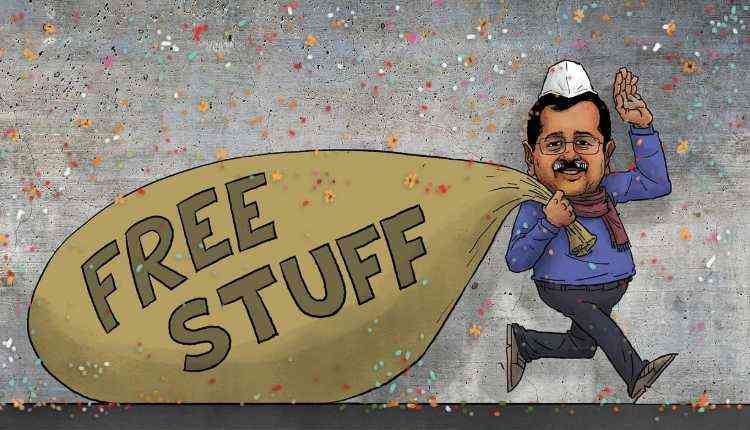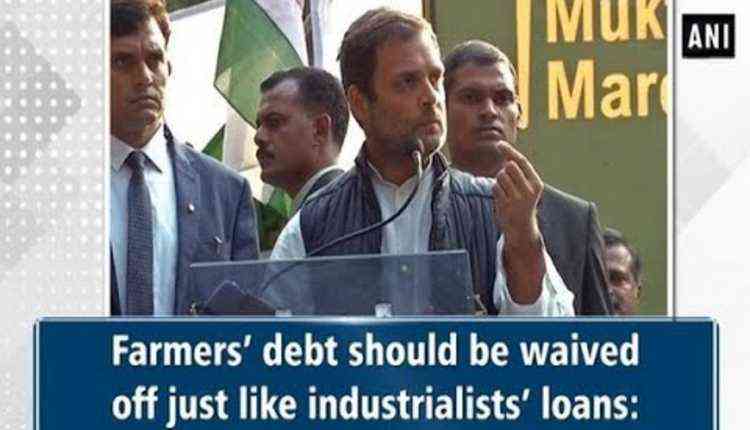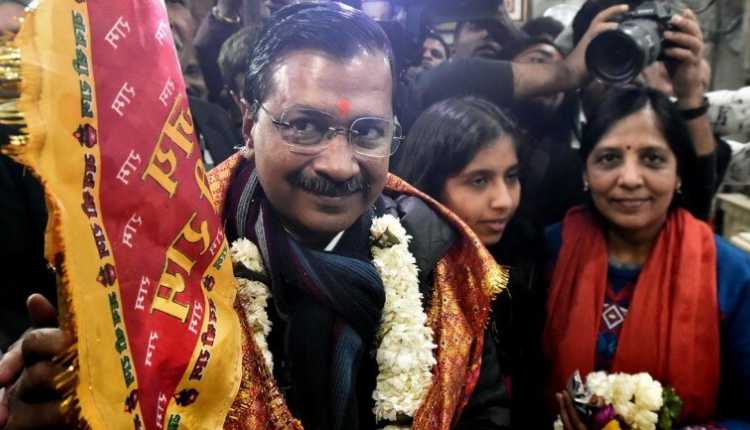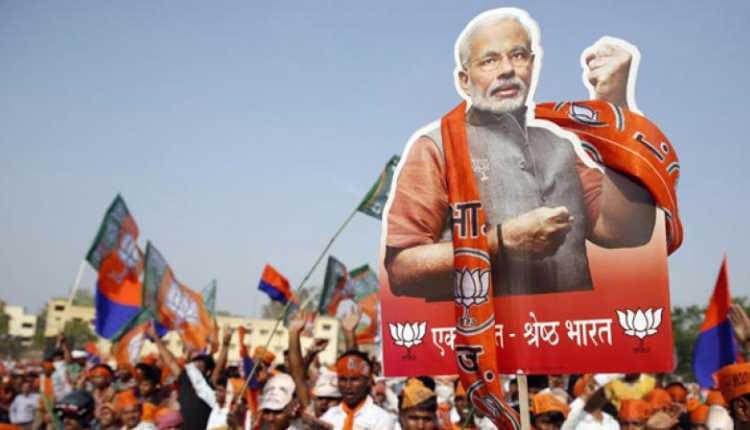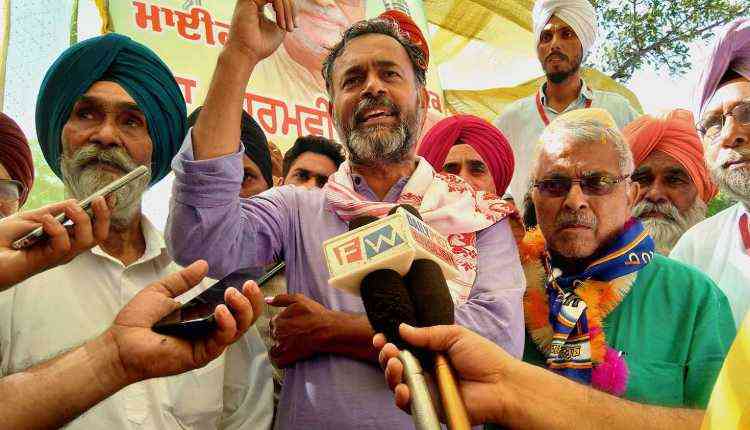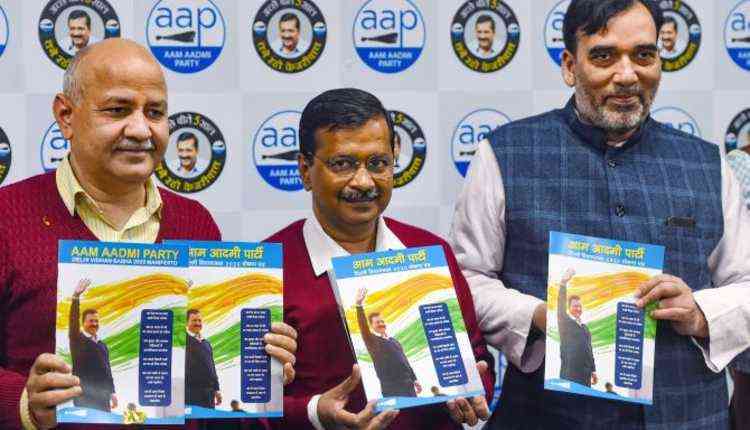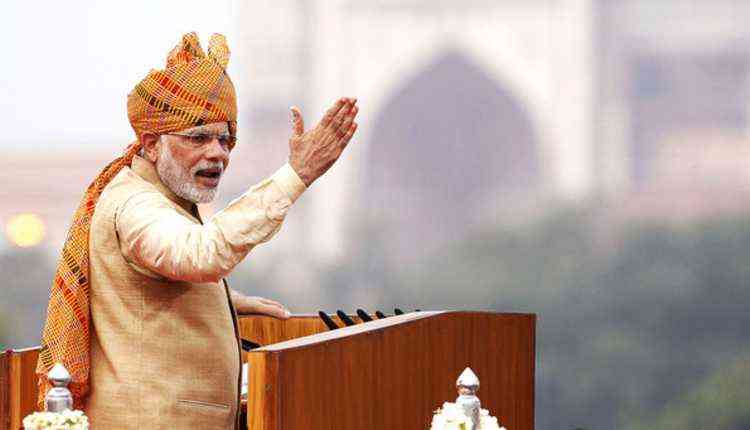India is the largest democracy in the world. The second most populous country counts for millions of voters every year. The Indian government takes over Westminister’s model of the federal government. It has two houses. One is a Rajya Sabha consisting of 250 members, and the other one is Lok Sabha consisting of 543 members. The Rajya Sabha is limited to the state while the Lok Sabha represents the centre. India gets to decide its representatives for a span of five years. The election takes place every year. A separate election board was established by the Indian government to look after the process and proceedings of the elections. To manage millions of Indians, thousands of candidates take part in elections every year.
There are hundreds of political parties registered, but the largest parties are BJP (Bharathiya Janata Party) and INC (Indian National Congress) If there is a ruling party there is always an opposing party, and the roles of both parties are equally important. The parties and their respective candidate’s campaign for months before the election. They promise the people that they will lead a more developed economy and help people from backward classes with free education, electricity and housing and get the votes from them. But, as soon as they are elected, they turn a blind eye. This is just an example. There are various other instances that political leaders do to gain votes from people. Let’s look at some of them.
1. Freebies
The reservations given to the Scheduled Castes and Tribes were the first step towards adapting Freebies in Indian politics. This is basically the free services offered to the voters by the parties to win the election. The political parties target people based on poverty and social background and win their hearts. The reservations for SC/ST initially was only allowed to government jobs, but later on, it was expanded into education and housing. Recently, when AAP won tremendously sweeping all the votes in Delhi, the main reason everyone gave was this. The privilege that is provided in the form of freebies to the people from the parties has made them lazy and lethargic. They now demand everything that is inconvenient to them to make it convenient. Examples of Freebies are:
- MNREGA (Rural employment scheme)
- RTE (Right to Education)
- Food Security (food provided to the poor)
- Prime minister Kisan Samman Yojana (money supplied to small and marginal farmers)
When the Congress party started these schemes the then opposition party BJP was against it, but now the ruling party BJP is very competitive in giving out the freebies. Every party and its leader, use this as a tool to gain the votes, and this will stay the same for a very long time as long as the democracy prevails.
2. Debt waiver
When the farmers are deprived of monsoon and good turnover, they are left with no option but to depend on the government. The global price of rice going up and down also affects the overall income of farmers. During the NDA rule in 2004, the country suffered a severe drought. For the next elections, the UPA government promised farmers to give loans. If there was anything that they needed it was this. The UPA won the polls. However, the loans given cannot be a substitute for their loss; it can just act as an instant relief. The current ruling party is not lagging behind. They also have various schemes for farmers. It was never a good idea, to begin with. Examples of loan waivers in India are:
- The Janatha Party in 1990 gave Rs.10000 Crores.
- Telangana party gave Rs.17000 Crores for 3.6 million people in 2014
- The Andra Pradesh government gave Rs. 24,500 Crores in 2014
The process of debt waiver can affect the national GDP. Instead of providing loans for survival, the government should implement policies and schemes for the betterment of farming. Because once the farming is taken care of the farmers can eventually lead a prosperous life. Unless the problem is mitigated from the roots, the progress can never be seen. Parties should stop this trend for the sake of vote bank. You might also be interested in knowing, What Is Elitist Theory Of Democracy And How It Is Differ From Pluralist Theory?
3. Theism
India is a land of diversity. With too many religions practised, every religion has its own god. The political campaign is planned to keep in mind the benefits of using religion as bait. The Brahma Samaj was the beginning of the practice of theism. Theism believes that there is only one god. It is the beginning of life and the end. The candidates are chosen according to what and whom they represent. People in India believe in god to the extent that one cannot imagine and politicians use the same ideology for their votes and win the elections. The political parties do not use the gods and the religions of people only to win elections. But they also use them after the elections for religious riots and to establish their power for a long time. Unless the Indians stop giving what these people need, nothing is going to change for the time being.
Also, read Why Still government-employed Groom Is More Preferred In India?
4. Nationalism
When India fought for freedom from the British, the nationalism was the main agenda. Every human being is accepted as an Indian irrespective of their Nationality. But the definition of Nationalism has changed the present day. The national movement has taken a form of religious Nationalism. The political parties have used Nationalism and exploited. The congress party took advantage of the minorities for their vote banks and the current ruling government the Hindus. The Hindu nationalism is proliferating in India. The Indian constitution was built on the idea of secularism. Let it remain the same and not the Hindu Nationalism or Muslim Nationalism.
5. Corruption
Corruption is a disaster that happens every day, every hour and every minute in the Indian System. The government depends on corruption. India also has its name in the most corrupted countries in the world. There is no sign of that name disappearing. The performance is getting better day by day. The political leaders give money to the people to gain their votes every time. Both the parties are at fault. People who take the money and leaders who give the money. The election board tights the security and seize the money, alcohol and a few other things that are laundered every year, but that doesn’t make the political parties lessen their corruption.
6. Socialism
“Socialist” the word that’s there in the Preamble of the Indian constitution that literally says we all belong to one community. But the question comes here. Is India really a socialist country? Or was it? The discrimination based on caste and religion is still prevailing in the country even today. The privilege of socialism in India is uplifting everyone economically and socially. But, the political parties are now defining socialism as giving subsidies and public services. Recently the Modi government opened free bank accounts, but took taxes from them and gave LPG cylinders for free and not free for the refill. People are actually not benefitting much from all these schemes as they were promised to be during Modi’s campaign. Citizens should have a clear idea of what they really need. Don’t miss Freedom Of Speech In India Should Include Censorship.
7. Election Manifestos
The election manifestos are nothing but the promises made by the political parties that evokes imagination in the minds of the voters and make them vote for their representatives. But, they rarely fulfil their promises. The mere manifestos that the politicians make before the elections must be made legal even before the elections. The policy has to change. Once the parties get their votes, they pretend not to know what all they promised until the citizens remind them. Well, some parties do try to implement their plans as promised, but they lack the energy and the urgency of providing wellness to the people. Every time a government fails the people, they promise to themselves not to be fooled again but get carried away eventually during the next elections.
8. Education
During the election campaign, the people are promised free education. The Modi government manifesto towards education this year was no less. The investment of 1 lakh crore to higher education through RISE (Revitalizing of Infrastructure and Systems in Education), Working towards increasing seats in the premier management institutes, engineering institutes, and premier law institutes. Providing education to backward classes of northeast India. Yet to see if the government fulfils these promises. As education is the backbone of Indian economy, people are impressed with such promises and vote for the party that promises them these things.
9. Healthcare
The healthcare industry is thriving in India by sucking the money out of people. The hospital bills are more than normal people can afford. This is the reason people lookout for something to be done by the government to tackle this problem. Every party promises free healthcare during their campaign, but most of them fail to fulfil. The BJP promised to develop the healthcare industry under the banner of Ayushman Bharat and Poshan Abhiyan. This also serves as an option for the candidates to use as a bait to win the elections.
10. Employment
The GDP has decreased rapidly in recent years, and Indian is lagging behind in improving economically. Bangladesh has passed and is moving proficiently towards the economic growth compared to India. Unemployment is the most terrible and influencing problem that is there in India. Many are sitting at home without jobs. The political parties assure the public that they will completely eradicate the unemployment facing India once they come to power. But, as usual, after winning the elections, they fail to even look at the real issue behind the unemployment. While the government sector is thriving with jobs reserved for minorities and private companies only look for overqualified workers, the people who are not able to step into both the boats are not able to sail in the rising country of capitalism.
Indian politics is corrupted, and the leaders don’t care about the economy and the people living in it. It is up to people to choose wisely their leaders.

